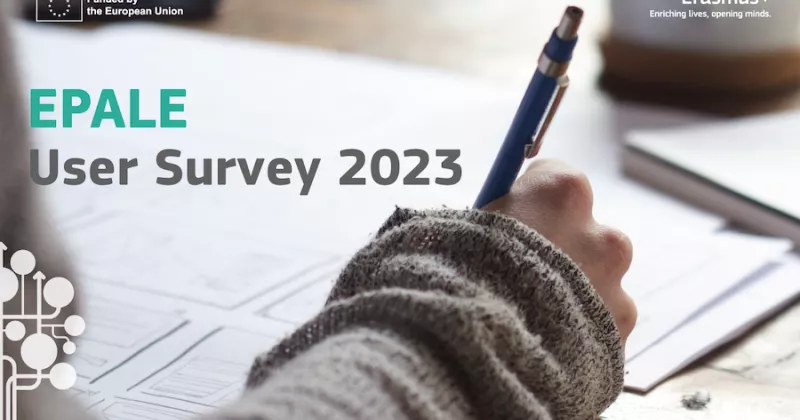Future Effects of Digital Skills
As we progress deeper into the digital age, the importance of digital skills continues to grow exponentially. The future impact of these skills on various aspects of life and society is profound, transforming the way we work, learn, communicate, and live. This article explores the potential future effects of digital skills on individuals and society as a whole.
Transforming the Workforce and Employment
The future workforce will be increasingly dominated by digital technologies. Automation, artificial intelligence (AI), and machine learning are already reshaping industries, creating a demand for new skill sets. Digital skills will be crucial for adapting to these changes. Employees proficient in digital tools will be able to leverage AI for data analysis, use automation to increase productivity, and employ digital platforms for remote collaboration. As traditional job roles evolve or become obsolete, new opportunities will arise in tech-driven fields, making digital literacy essential for career resilience and advancement.
Revolutionizing Education and Learning
Digital skills are set to revolutionize education, making learning more accessible, personalized, and engaging. Future education will likely incorporate more online platforms, virtual classrooms, and AI-driven learning tools. These technologies can provide customized learning experiences, catering to individual learning styles and paces. Digital literacy will empower students to utilize these tools effectively, enhancing their educational outcomes. Moreover, lifelong learning will become the norm, with adults continuously updating their skills through online courses and virtual workshops to stay relevant in their careers.
Enhancing Communication and Social Interaction
The way we communicate and interact socially will continue to evolve with digital advancements. Virtual reality (VR) and augmented reality (AR) could become mainstream, providing immersive communication experiences. Social media platforms will evolve, offering more sophisticated ways to connect and share experiences. Digital skills will enable individuals to navigate these platforms responsibly, fostering better online communities and reducing the spread of misinformation. Enhanced digital communication tools will also bridge geographical divides, bringing people closer together in a globalized world.
Improving Healthcare and Personal Well-being
Digital skills will play a significant role in the future of healthcare. Telemedicine, wearable health devices, and health monitoring apps will become more prevalent, allowing individuals to manage their health more proactively. Digital literacy will be essential for understanding and using these technologies effectively. Patients will be able to access medical advice remotely, monitor chronic conditions in real-time, and engage in preventative healthcare practices. This shift will lead to more personalized and efficient healthcare services, improving overall well-being.
Driving Economic Growth and Innovation
The digital economy will continue to expand, driven by innovation and technological advancements. Digital skills will be a key driver of this growth, enabling individuals and businesses to harness the power of technology for economic benefit. Entrepreneurs will create new business models based on digital platforms, reaching global markets with ease. Companies will innovate continuously, using data analytics and AI to optimize operations and deliver better products and services. A digitally skilled workforce will be instrumental in sustaining economic growth and competitiveness in the global market.
Promoting Inclusivity and Bridging Divides
Digital skills have the potential to promote inclusivity and bridge social and economic divides. Access to digital education and tools can empower marginalized communities, providing them with opportunities for economic and social mobility. Initiatives to enhance digital literacy among underserved populations can reduce inequalities, enabling more people to participate in the digital economy. As technology becomes more integrated into daily life, ensuring equitable access to digital skills training will be crucial for building an inclusive society.
Ensuring Environmental Sustainability
Digital skills can also contribute to environmental sustainability. Technologies such as the Internet of Things (IoT), smart grids, and digital supply chain management can optimize resource use and reduce waste. Digital literacy will enable individuals and organizations to adopt sustainable practices, from smart home energy management to sustainable agriculture. By leveraging digital tools, society can make more informed decisions that contribute to environmental conservation and sustainability.
Conclusion
The future effects of digital skills will be far-reaching, transforming various aspects of life and society. From reshaping the workforce and revolutionizing education to enhancing communication and driving economic growth, digital literacy will be a cornerstone of progress. As we move forward, it is crucial to invest in digital skills training and ensure that everyone has the opportunity to develop these competencies. By doing so, we can create a more inclusive, innovative, and sustainable future for all.



